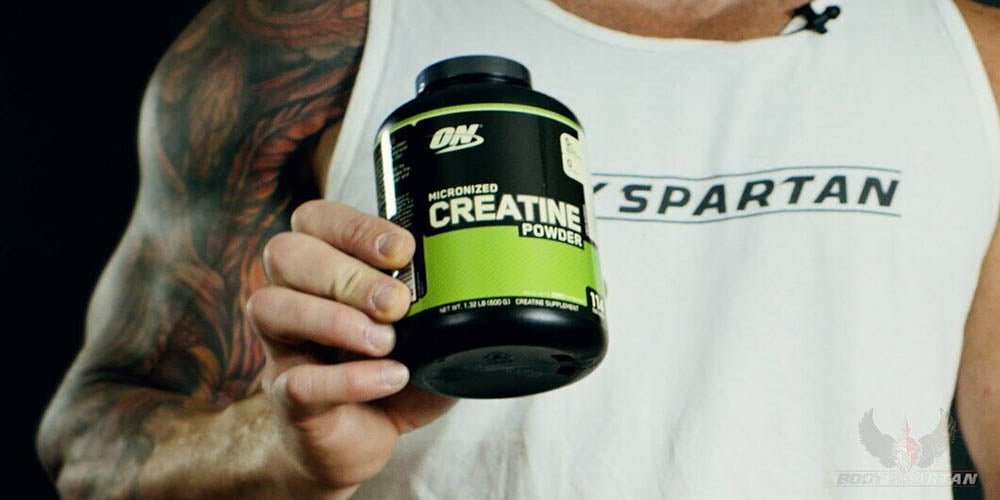
For Who, How Much and When?
Creatine is a much-researched supplement with strong evidence to support its efficacy. There is a lot of misinformation around the topic of creatine so let’s take a closer look at this ergogenic aid.
Creatine is a naturally occurring derivative of amino acids in the body. When taken consistently over time, creatine can help replenish muscle energy stores during short bursts of high-intensity activity. It is also found naturally in some foods, such as red meat and seafood. Creatine is stored in the muscles as Creatine Phosphate or Phosphocreatine (PCr). PCr is metabolised to release energy to contracting muscles during maximal effort, anaerobic activity. This energy system depletes very quickly during explosive or high intensity activity. Supplementing with creatine can replenish this energy supply which may lead to improved performance in explosive or repeated high intensity efforts. This would suggest that people partaking in activities such as sprinting, team sports, jumping, throwing, lifting weights or similar may benefit from supplementing with creatine. Providing energy for repeated high intensity exercise may also support a greater overall training load.
How to take creatine is much discussed, with various different loading protocols out there. The objective of supplementing with creatine is to build up muscle creatine stores. This process takes place over a number of weeks to months, depending on the dosing strategy. Intramuscular PCr stores may be increased by as much as 20-40% after 28 days of creatine supplementation. Loading is the act of taking 5g of creatine (4 times per day) to achieve this muscle creatine saturation relatively quicker. This loading phase is not required and a standard dose of 3-5g creatine monohydrate per day will have the same desired effect, although it will usually take longer for muscle creatine saturation to occur. Muscle creatine stores can be maintained by regularly consuming 3g of creatine per day.
The impact of creatine supplementation is greatest with chronic supplementation, rather than acute doses. For this reason, the timing of your creatine intake is not as important as remembering to take it regularly. It may be convenient for somebody to take their creatine along with their other pre or post workout supplements.
Creatine is one of the most tested and researched supplements there is. It can be a great tool in your arsenal in order to support performance and muscle recovery, when taken over time with regular resistance training.


Share:
Carbohydrate Loading for Performance
Understanding Hydration and How Much You Need